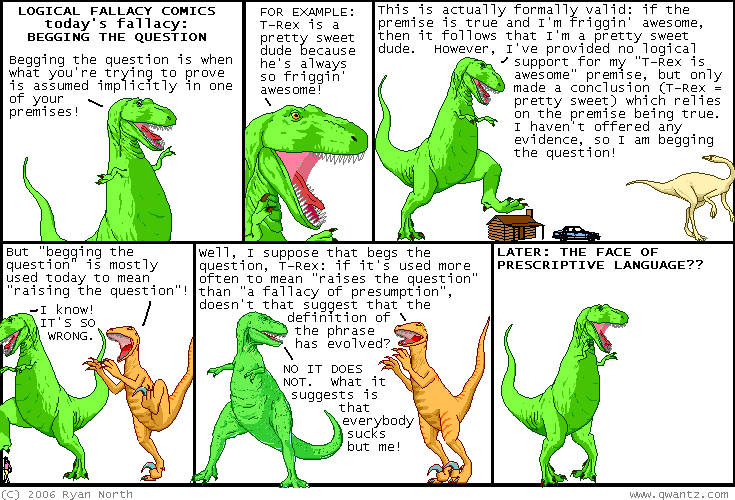Gordon Campbell sent in a pointer to a recent article by Sarah Mennie, "Gay dogs not welcome, diner told", [Adelaide] Sunday Mail, 4/24/2010:
Woodville North man Ian Jolly, 57, was barred from dining at Grange restaurant Thai Spice in May last year after a staff member mistook his guide dog Nudge for a "gay dog", the tribunal heard this week.
A statement given by restaurant owners Hong Hoa Thi To and Anh Hoang Le said one of the waiters had understood Mr Jolly's partner Chris Lawrence "to be saying she wanted to bring a gay dog into the restaurant".
"The staff genuinely believed that Nudge was an ordinary pet dog which had been desexed to become a gay dog," the statement said.
Mr Jolly and Ms Lawrence were refused entry to the restaurant – which displays a "guide dogs welcome" sign – even after providing staff with a guide dogs fact card.
Read the rest of this entry »

